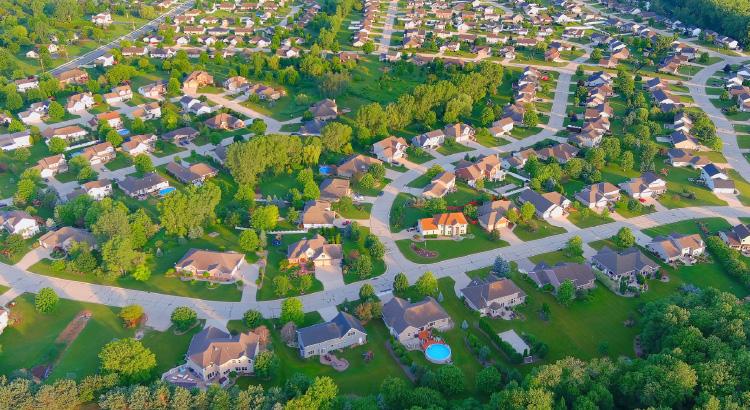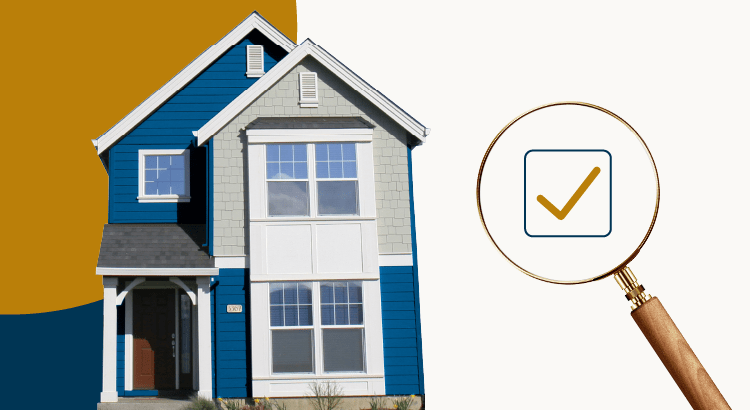
The U.S. Homeownership Rate Is Growing
The desire to own a home is still strong today. In fact, according to the Census, the U.S. homeownership rate is on the rise. To illustrate the increase, the graph below shows the homeownership rate over the last year:That data shows more than half of the U.S. population live in a home they own, and

Buying a Home May Make More Financial Sense Than Renting One
If rising home prices leave you wondering if it makes more sense to rent or buy a home in today’s housing market, consider this. It’s not just home prices that have risen in recent years – rental prices have skyrocketed as well. As a recent article from realtor.com says:“The median rent across the 5

Why Are People Moving Today?
Buying a home is a major life decision. That’s true whether you’re purchasing for the first time or selling your house to fuel a move. And if you’re planning to buy a home, you might be hearing about today’s shifting market and wondering what it means for you.While mortgage rates are higher than the
Categories
- All Blogs (582)
- Baby Boomers (1)
- Buyers (1)
- Buying Myths (4)
- Demographics (1)
- Distressed Properties (1)
- First Time Home Buyers (8)
- For Buyers (21)
- For Sellers (15)
- Foreclosure (2)
- Housing Market Updates (19)
- Infographic (4)
- Interest Rates (3)
- Move-Up Buyers (5)
- New Construction (2)
- Pricing (9)
- Rent vs. Buy (2)
- Selling Myths (3)
- Senior Market (1)
Recent Posts










